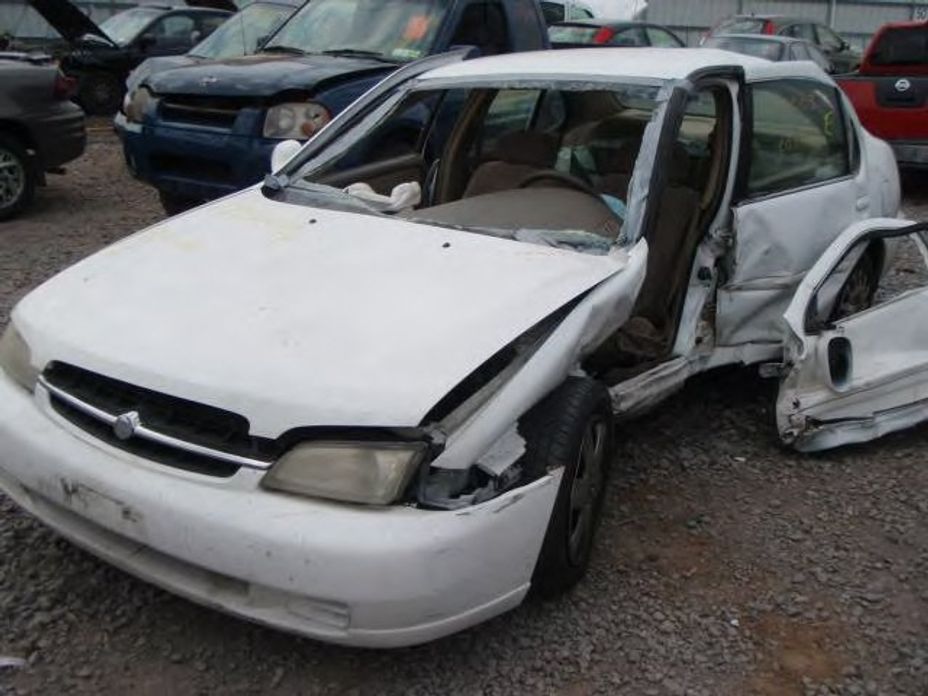The Hidden Bonuses of Recovery and Healing #good #hygiene #selfcare #relpase
The best part of recovery is gaining access to new responsibilities, materials, information, and all the good things that come with stable living. Since relapse is an inevitable part of recovery, I plan to explore the loss of material, access, and resources attributed to relapsing and mental status degradation. There are many possible ‘losses’ associated with cognitive status freefall. We will explore the financial and material issues and issues rooted in access to resources or information.
By evaluating my relapses over the last 10 or 15 years, I learned a few things. I have discovered that the biggest loser in a relapsing person’s life is hygiene. When I say hygiene, I mean the ability to clean up after oneself, keep clean, and general sanitary conditions in or around your living space. I also mean odor, grooming, and self-care. I have found just about every aspect of hygiene is impacted by mental status free fall or even a slow relapse. In the end, and even over time, mental health issues can affect our hygiene. Even if it is not the direct result of activating symptoms, mental health issues can impact hygiene on a secondary level. Homelessness from mental health relapse can easily disrupt someone’s hygiene and capacity to keep clean. Hygiene is an excellent indicator of a shift in mental status.
Sometimes poor hygiene results from neglecting to clean or not being aware of dirt disorganization in the home, or it may be even more profound. Many people who relapse stop working and can’t pay their rent. Many carrying diagnoses lose their homes during relapse from symptoms. Sadly, I have witnessed police storming doorways with shields to access a home fortified for the ‘end’ in an attempt to avoid eviction. Barricading yourself in the home or something even worse is never the answer. It may even further your risk of relapsing more acutely if you go against police orders or personnel; it will only exaggerate your problems and complicate your relapse even more deeply.
Transportation is usually another likely candidate to suffer during relapse. Not having money for fuel or tickets makes maintaining a vehicle very complex during relapse. I can say firsthand that, during my relapses, I developed a closer relationship with public transportation. I found myself taking public transportation quite a bit during my most symptomatic times in the community. I have also lost cars during degeneration only to be located years later. Remember to learn how to get around town if you aren’t driving and are dependent on public transportation. It may be your only method of navigating through the darker moments of your relapse.
Many folks lose access to information. The internet and paying phone bills and connectivity costs money and depend mainly on a regular income. These non-material ports to the world through data streaming and wifi are the gateways to important information. Without vital information, intermittent loss of these ports can make recovery i

